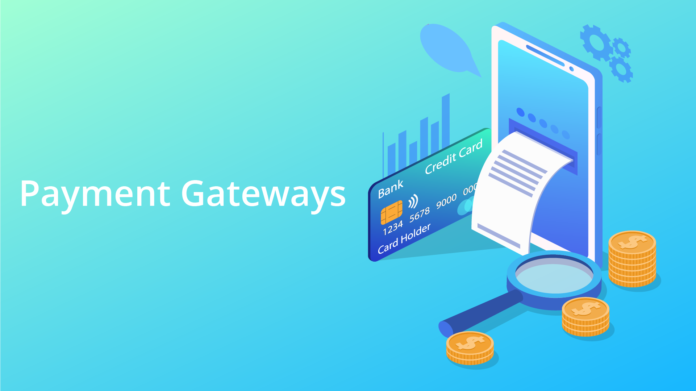According to a survey conducted in 2020 globally, 55% of US consumers used a credit card to make online purchases in the previous year. In the last year, 52 percent used a debit card. Online payment gateways such as Amazon Pay and PayPal were used by 27% of US consumers, while only 25% of consumers in the United States used direct debit for internet purchases.
All these payment gateways get confused about which one is efficient, effective, and compatible with your POS system. This article will contact you to understand the features of a good and effective payment gateway.
What Are Payment Gateways?
A payment gateway is a service provided by a merchant that authorizes credit card transactions on behalf of a third party. When you collect credit card information from a customer, you’ll send it to an online international payment gateway. It will then send the information to the acquiring bank and subsequently to the credit card company issuing the card.
Essential Features Of An Excellent Payment Gateway
1. Compatibility
Some payment gateways are more accessible to integrate than others; however, most payment gateways strive for compatibility with as many technical and POS systems as possible to maximize their user bases. You may, however, have specific requirements or demands, such as connecting your payment gateway to your invoicing software or any other financial data management system.
2. 24/7 Support
When you accept credit cards, you need a team on hand to assist you with crises and difficulties that might arise at any time. You don’t want to be stuck dealing with a consumer with no way to contact customer service. So, while looking for a payment gateway, make sure you’ll be able to get the support you need whenever you need it.
3. Speed
Different payment gateways have other processing times. You’ll want a processor that can obtain credit card authorization in a matter of seconds if you want to maximize the typical user experience and execute transactions as quickly as feasible.
4. Security features
Accepting payments necessitates dealing with sensitive consumer information. And there’s a significant risk you’ll be held liable if something goes wrong. If you have a data breach, you may have to pay hefty fines, have your reputation harmed, and lose your customers’ trust and respect.
To protect your business and your client’s data with a reliable payment gateway. Look for data storage solutions such as encryption and tokenization to prevent hackers from gaining access to sensitive information.
5. Reporting features
Depending on the type of industry, you may need a gateway with extensive reporting capabilities. You might want to go over all of your transaction activity or go over any chargebacks you’ve received. You may want a thorough breakdown of any fees you’ve paid while using the platform, or you may need to evaluate your commissions if you’re a reseller. Different gateways provide different report formats and types, so do your research before committing.
6. Encryption
When choosing a payment gateway, one other important thing is to know whether or not the gateway is encrypted. The main reason this is critical is that the third party will be handling essential customer information. Any breach of data could be very disastrous to your company.
7. User experience.
At least once a month, your financial team will need to connect to your online payment gateway to check fees, chargebacks, transactions, and other high-level data. You’ll want them to have the most satisfactory possible user experience when they do. Some platforms are more user-friendly and more accessible to learn than others. However, because everyone’s preferences are different, the only way to know for sure is to try out the platforms for yourself. It would be best if you were very keen to choose the one to make the process seamless.
8. Cost of the payment gateway
It helps if you think about the fees associated with each payment gateway. Some may have more advanced features, but they will also be more expensive. Some platforms have no startup fees or monthly fees but impose higher prices for things like chargebacks. Others will charge a monthly fixed cost with no extra charges for other types of transactions. Your decision is based on your budget and how well you expect your company to function.
Conclusion
All the above are the top things to look at when choosing a payment gateway. And they’re all critical since your payment gateway has a significant impact on your website’s user experience or POS system machine. Take advantage of the competitive market to get the payment gateway with the most features and the highest level of security.
Are you having trouble choosing a compatible payment gateway? Contact us today1





















